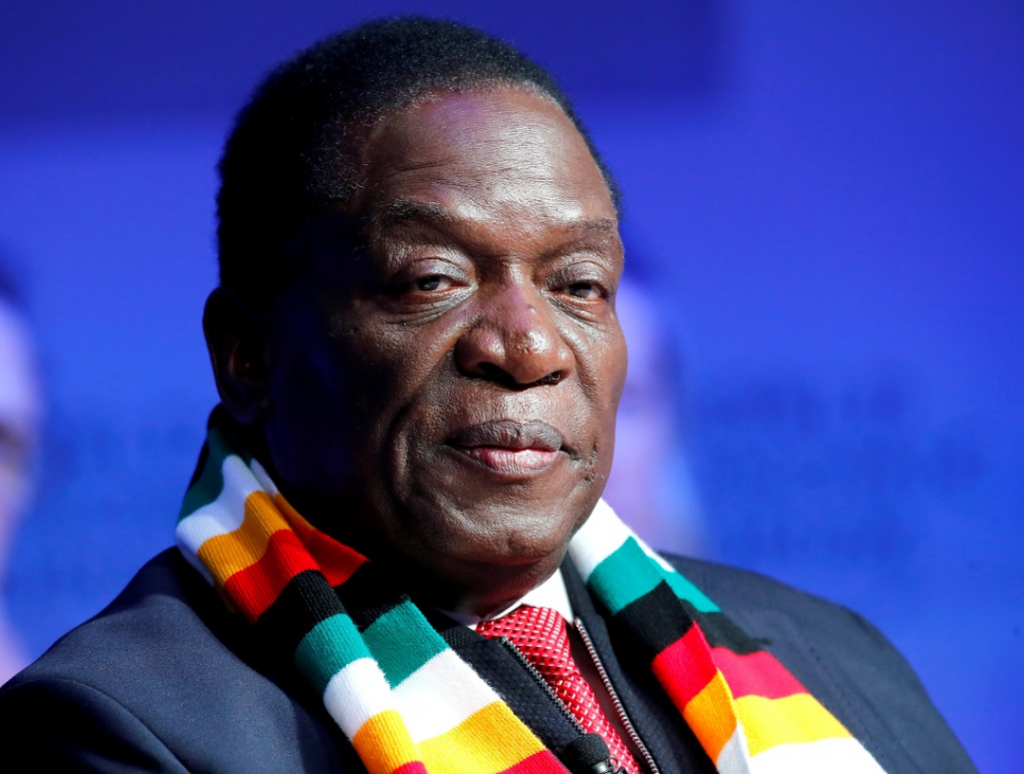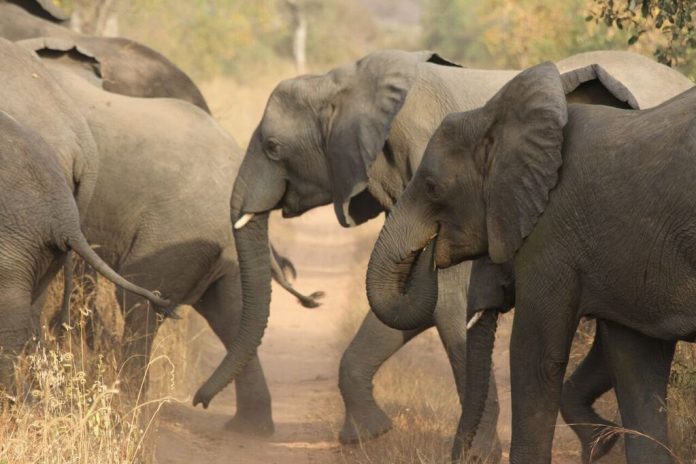It will become very hard to remove African elephants from their natural habitat for sale to zoos outside of the continent as this kind of trade is now under control of the global wildlife conservation organizations and governments.
This adjustment was made after wildlife experts endorsed a resolution to limit the sale of wild elephants caught in Zimbabwe and Botswana, the leading elephant breeding nations.
Wildlife experts, from countries that are part of an international agreement on trade in wildlife, have endorsed then approved the resolution to limit the sale of live elephants from Africa during their meeting of parties to the Convention on International Trade in Endangered Species (CITES) in Geneva.
But the new resolution also means zoos will no longer be able to import wild-caught African elephants to the United States, China and many other countries beyond the elephants’ natural habitat in Africa.
With the United States voting against it, the resolution was passed by a vote of 87 in favor, 29 against and 25 abstaining. Animal advocates applauded the move, even though some felt it didn’t go far enough.
Renowned primatologist, Jane Goodall, weighed in, too, saying she was “absolutely shocked” at the idea of separating young elephants from their families and shipping them off to zoos.
Conservationists explained the change by giving an example, saying it would allow for an elephant already in France to be shipped to nearby Germany without having to be sent back to Africa first.
“While it is disappointing that it is not an outright ban on trade in live elephants, the new language adds vital independent oversight and scrutiny,” said Audrey Delsink, wildlife director at Humane Society International.
“The capture of wild African elephants for export to zoos and other captive facilities is incredibly traumatizing for individual elephants as well as their social groups,” she said in a statement.
Dozens of celebrities, including actress Judi Dench and comedian Ricky Gervais, had signed a letter to the president of the EU’s executive branch, saying it would be “obscene for the EU to endorse snatching wild baby elephants and condemning these beautiful leviathans to a life of captive misery.”
The EU’s action was part of a debate over language at CITES to restrict trade in live elephants to countries with “in-situ conservation programs” or secure areas in the wild, mostly in Africa.
Botswana and Zimbabwe have the world’s largest populations of African elephants, with estimated 200,000 living in the wild.
Meanwhile, the President of Zimbabwe, Emmerson Mnangagwa has announced that his country is planning to pull out of the UN Convention on International Trade in Endangered Species of Fauna and Flora (Cites).

Mnangagwa and other African officials are of the opinion that the new proposal would deny them some much-needed cash and that they should be free to do what they wished with their elephants.
“The government has been pumping out a lot of money for conservation with no real return, yet our government has competing social needs,” said Tinashe Farawo, spokesman for Zimbabwe Parks and Wildlife Management Authority.
“We view our animals as an economic opportunity, so we should sell our elephants”, he said.
Farawo said that Zimbabwe, Botswana Namibia and other southern African countries would meet for consultations following the CITES meeting.
“We cannot continue to be hamstrung and told what to do with our resources,” Farawo said.
“We cannot continue to allow powerful countries and NGOs to set the agenda when the elephants are ours,” he said.
“We have too many of them, so selling them should not be a problem for anyone. Why should we continue to impoverish our people when we have the resource?”, the Zimbabwean official said.
According to reports by Modern Ghana, there are currently more than 30 wild baby elephants are being held in enclosures in Zimbabwe. They were initially destined for zoos on other continents, mainly in China. The CITES decisions are now in force. Therefore, the exports cannot proceed without contravening the new rules.

















